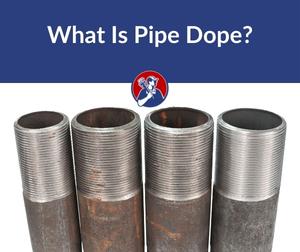I have used thread sealer on Aluminum intake manifolds for heater hose nipples and temperature sending units. I used it because I thought it sealed gaps between the TSU or hose nipple threads and the manifold threads, not places where metal was in firm contact with metal. I further thought the remainder of the thread sealer was pushed out of the threads either below or above the nipple. I never had a problem with the TSU not grounding or either part leaking. Plus I thought using thread sealer protected against over-tightening and stripping aluminum threads. I could get it nice and firm, then stop because I knew it wouldn't leak.
360 Small Block with AC compressor
View attachment 620634
View attachment 620635



















